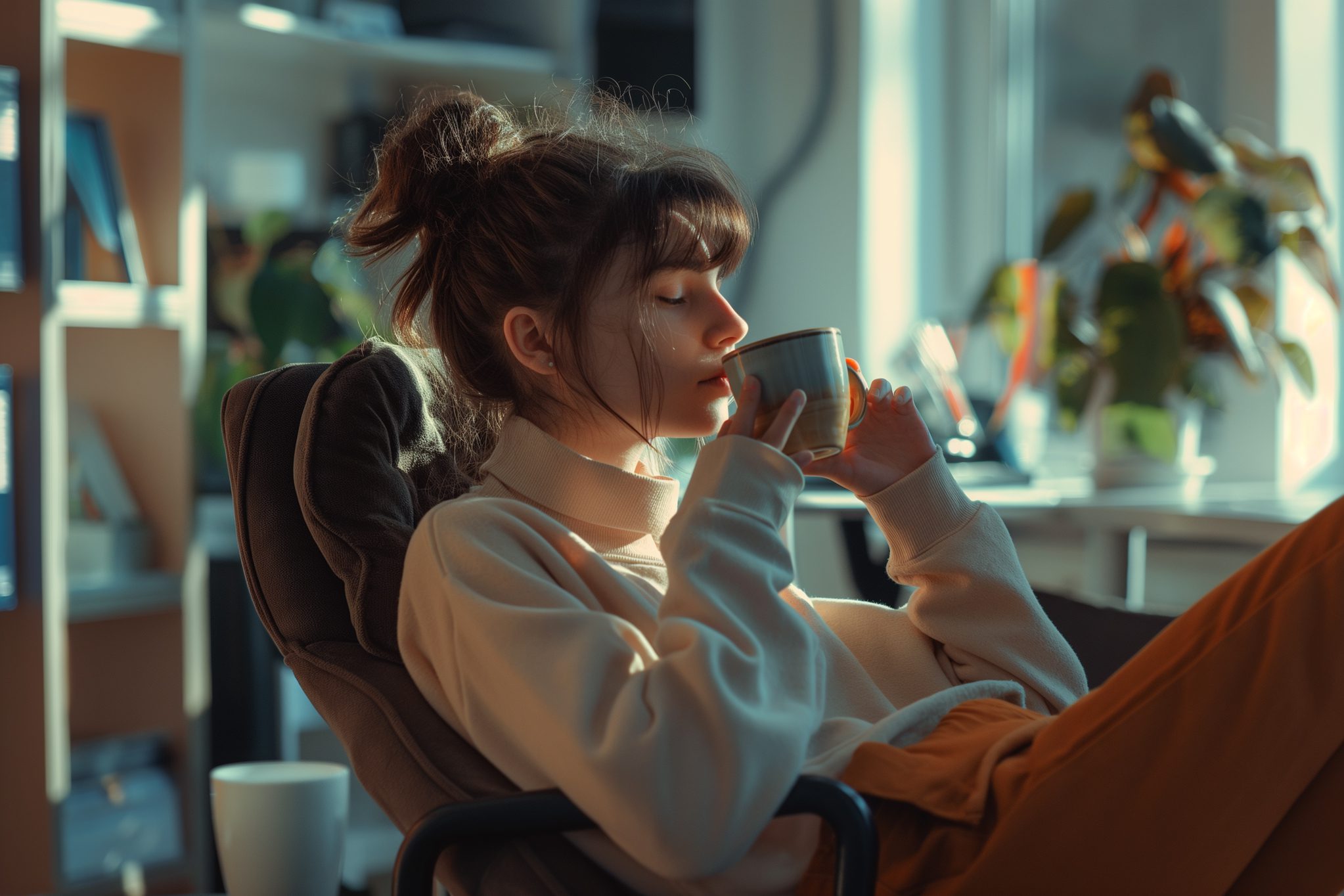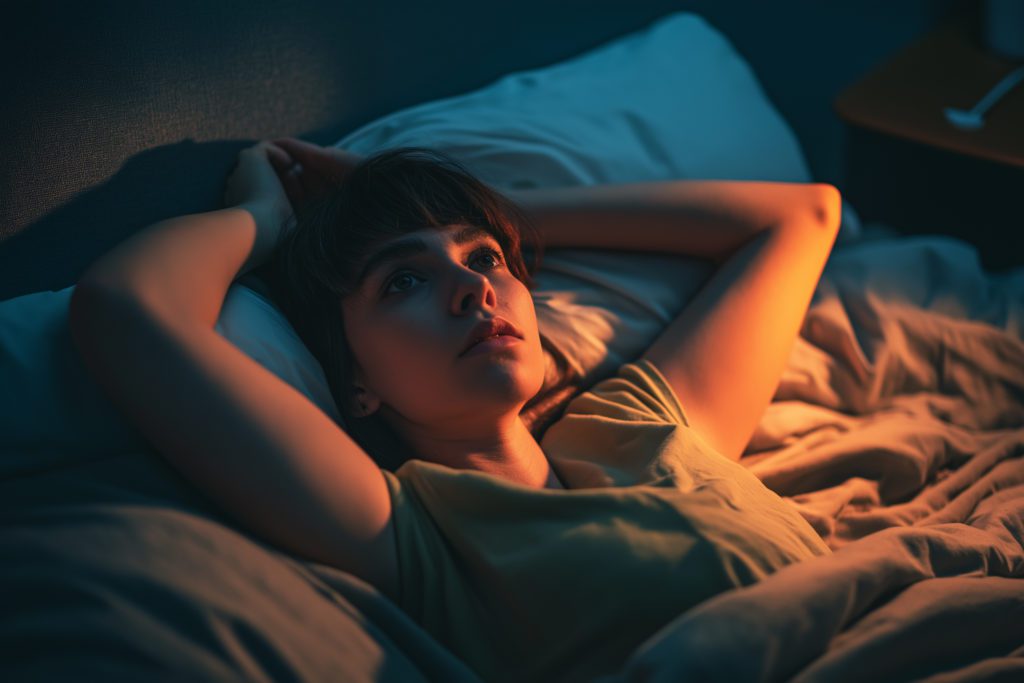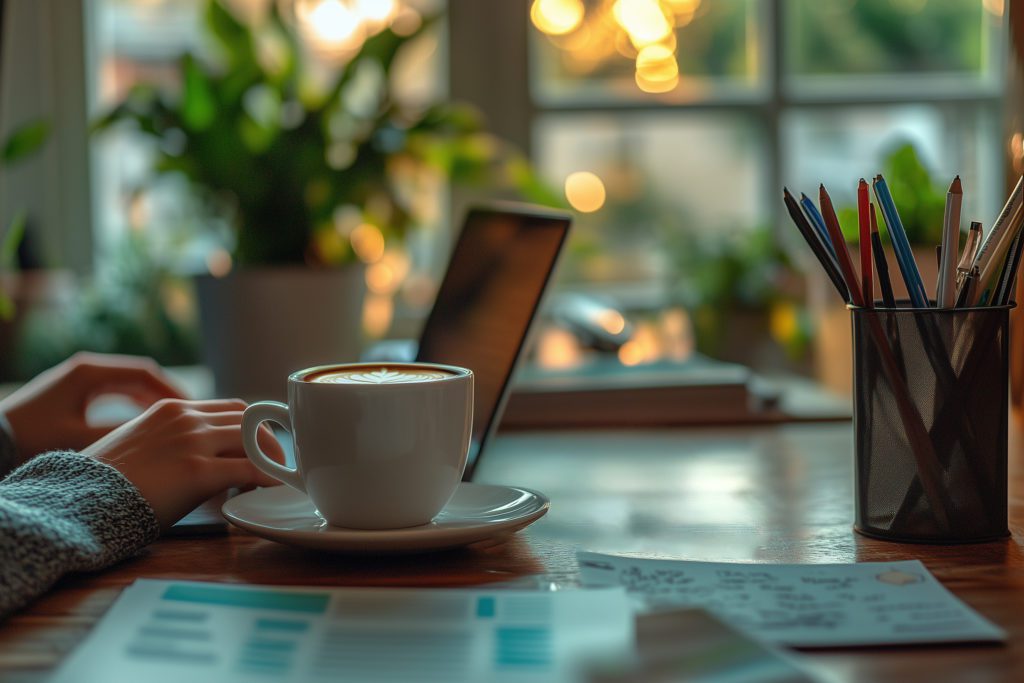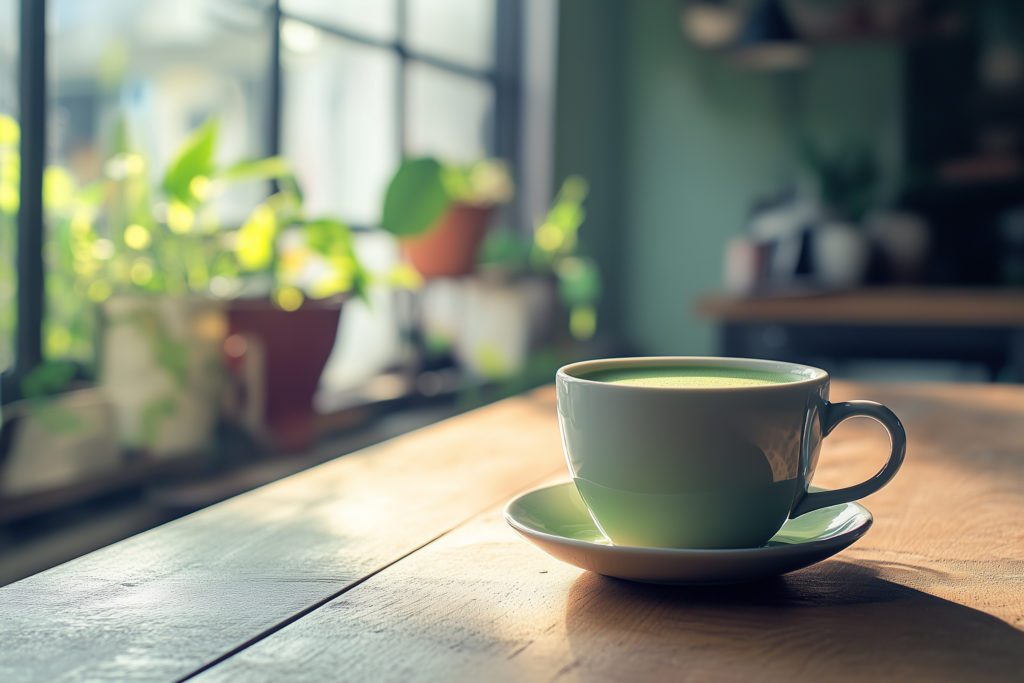
Why Doesn’t Caffeine Affect Me? How Your Body Responds to Coffee and Tea
Learn how caffeine affects the brain, the reasons why it may no longer affect you, and what you can do to increase your energy.

Is caffeine no longer giving you the boost of energy it once did? Many of us rely on a morning cup of coffee or tea to get through the day, with some of us needing to top it off one (or more) times later on. So, it can be concerning when, even after your coffee or tea, you’re still just as tired as you were before.
There can be many factors at play that affect your body’s reaction to caffeine. Sometimes, it’s because your sleep debt is too big, whereas other times, it may be because you’ve developed a tolerance to caffeine.
Nevertheless, once you determine why you’re still tired after drinking caffeine, you can take steps to correct it. Who knows, you may even get to a point where you no longer need caffeine to feel awake.
How Does Caffeine Work?
Caffeine has become synonymous with energy, but how does it produce this effect? To find the answer to this question, we have to dive into the brain.
Within the brain are adenosine receptors, which the chemical adenosine binds to while you’re awake. The more adenosine that binds to the receptors, the more tired you feel—once many receptors have bound adenosine, you get the urge to go to sleep.
Caffeine competes with adenosine to bind to these receptors. So, when caffeine binds to them, adenosine cannot, which keeps you from feeling tired. As caffeine wears off, it leaves the receptors open for adenosine to once again bind. Since adenosine can build in the background while caffeine has been taking its seat, you may feel a wave of tiredness as the adenosine quickly binds to the receptors.
In addition to its competition with adenosine, caffeine also increases your heart rate and triggers the release of cortisol and adrenaline, which are two hormones that help you feel alert and ready to react.
Why Isn’t Caffeine Affecting Me? 4 Reasons Why
Now that we know how caffeine works, let’s look at some possible reasons why you’re no longer as sensitive to its benefits.
You Have More Adenosine Receptors
As we discussed before, adenosine binds to adenosine receptors in your brain during the day. When there’s a lot of adenosine, you become tired and feel the urge to go to sleep. However, caffeine works by binding to these receptors and blocking adenosine.
Unfortunately, research has shown that those who regularly consume caffeine have more adenosine receptors. This means that consuming the same amount of caffeine does not block as much of the adenosine as before since there are more receptors to bind to, making it feel like the caffeine is not working. To get the same effects as before, you would need to drink more coffee or tea, giving you more caffeine and blocking more receptors.
This increase in receptors may explain the caffeine tolerance seen in some people. Research has even shown that a tolerance can develop in as little as three days, so it doesn’t take long for your body to adapt to the amount of caffeine it regularly gets.
Your Sleep Debt is High
Your sleep debt is how much sleep you’re missing out on—it’s the difference between how much sleep your body needs and how much it actually gets. For example, if your body needs 8 hours of sleep to function at its best, but you only sleep for 6 hours, you have 2 hours of sleep debt.
Sleep debt compounds, as well, over days, weeks, and months, so if you continually get too little sleep, your sleep debt will only continue to grow.
In addition to making it difficult to concentrate and contributing to a poor mood, a high sleep debt negates the benefits of caffeine, with one study finding that after three nights in which the participants received only 5 hours of sleep each night, they no longer saw a boost in alertness or performance from caffeine.
To understand why this occurs, we can look again at adenosine. When you sleep, the body clears away adenosine, which leaves the receptors open for the next day. However, too little sleep means your body cannot clear all the adenosine out, leaving it bound to the receptors. If adenosine is bound, there is nowhere for caffeine to bind, offering none of its benefits.
It’s Your Circadian Rhythm
Our body goes through a rhythm every 24 hours—we’re awake in the morning, then get tired as the sunlight disappears and night approaches. Beyond this standard cycle, our circadian rhythm also causes the dip in the afternoon called the “afternoon slump.”
So, if you’re tired in the afternoon, and caffeine isn’t helping, it may be your circadian rhythm. If you’ve gotten too little sleep, this sleepiness may be even worse.
You Need to Consume More Caffeine
In some cases, the reason why caffeine isn’t affecting you might just be because you’re not consuming enough, with higher doses of caffeine shown to produce more of an effect.
However, some people, biologically, need more caffeine than others. One factor in how much caffeine you need is your weight, with one study finding that 3-6 mg per kg of body weight produced the greatest benefits for exercise performance.
Genetics can also factor in, with a study finding that genetics can determine:
- Your caffeine sensitivity
- Whether you feel the positive or negative effects of caffeine
- How likely caffeine will impact your sleep
- Whether you’ll develop a tolerance for caffeine
Age can also cause these responses to change, with caffeine needs changing as we get older.
How to Get a Caffeine Boost
Is caffeine no longer affecting you? Here are some things you can do:
- Get more sleep and lower your sleep debt
- Reset your caffeine tolerance by slowly cutting down your caffeine consumption
- If you consume only a small amount of caffeine, increase your consumption
If you’re still tired, you can try boosting your energy without caffeine by getting sunlight (especially in the morning), exercising during the day, and taking a power nap.
For more tips on improving your sleep and feeling more alert during the day, check out the resources available from Pillow.
FAQ
How does caffeine work?
Caffeine works by blocking adenosine, a neurotransmitter that promotes relaxation and sleepiness. By binding to adenosine receptors in the brain, caffeine makes you feel more alert and awake. Additionally, caffeine increases dopamine production, enhancing mood and focus, and stimulates the release of adrenaline, which can lead to a temporary boost in energy. This combined effect gives caffeine its well-known stimulating properties.
Why doesn't caffeine make me feel energized anymore?
Over time, regular caffeine consumption increases the number of adenosine receptors in your brain. This means caffeine has less of an impact, and your body becomes more tolerant to it.
How does sleep debt impact caffeine’s effectiveness?
During sleep, your body clears adenosine, a chemical that makes you feel tired. However, with insufficient sleep, not all adenosine is cleared. If adenosine remains bound to its receptors, there’s no room for caffeine to bind, reducing its effects and leaving you feeling fatigued despite caffeine intake.
What role does body weight play in caffeine tolerance?
Your body weight can influence how quickly caffeine is metabolized. Individuals with higher body mass may need more caffeine to feel its effects because the substance is more diluted in a larger body, affecting how long it takes to experience stimulation.
Can genetics affect how I respond to caffeine?
Genetics play a significant role in determining how quickly your body processes caffeine. Some people metabolize it faster, meaning the effects wear off quickly, while others are slow metabolizers, making caffeine more potent and lasting longer in their system.
How long does caffeine stay in my system?
The half-life of caffeine refers to the time it takes for your body to eliminate half of the caffeine consumed. On average, caffeine has a half-life of about 5 hours, meaning if you consume coffee late in the afternoon, it will still be in your system when you go to bed. This duration can vary depending on factors like age, liver function, medications, and individual metabolism, affecting how long caffeine's stimulating effects last.

Written by
Jessica G
Medical writer freelancer who has written hundreds of articles on varying topics. Masters of Engineering degree in Biomedical Engineering.
Download Pillow
Get help
Press & News
Legal
Connect
X (Twitter)
Company
Copyright © Neybox Digital Ltd.



